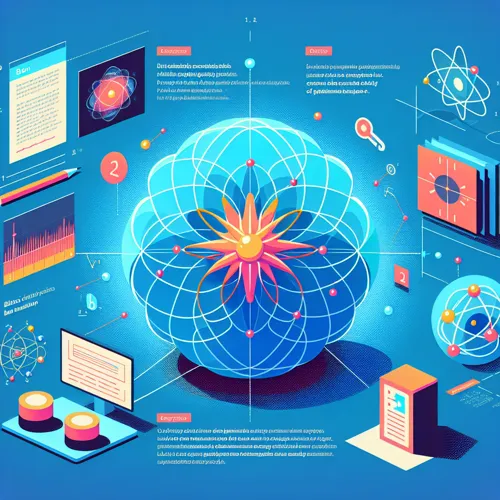In our everyday lives, we encounter matter and energy. While studying the universe’s fundamental nature, scientists have discovered an array of elementary particles. These particles make up atoms, molecules, and everything around us. This blog post will help you unravel the mystery of bosons by exploring their concept, properties, and relevance in our understanding of the physical world.
Understanding Particles: Bosons vs Fermions
In quantum physics, particles are classified into two categories - bosons and fermions - according to their behavior under certain circumstances. For instance, a particle’s ability to be in multiple states simultaneously depends on whether it is a boson or a fermion. This distinction also plays a vital role in understanding the structure of atoms and molecular reactions.
The Emergence of Bosons
In 1924, physicists Satyendra Nath Bose and Albert Einstein introduced the concept of “Bose-Einstein statistics,” which led to the categorization of bosons. This discovery has significantly impacted our understanding of condensed matter, leading to advancements in fields such as superconductivity and laser technology.
What are Bosons?
A boson is an elementary particle characterized by its integer quantum spin (0, 1, 2…). Because they obey Bose-Einstein statistics, these particles can occupy the same energy states simultaneously, enabling a phenomenon called “Bose-Einstein condensation.” This occurs in near-absolute zero temperatures, as witnessed in experiments with liquid helium and hydrogen.
Types of Bosons
There are four fundamental classes of bosons:
Gauge bosons: These mediate the interactions between matter particles. For instance, photons, which enable electromagnetic force, are examples of gauge bosons.
Higgs boson: This is an elementary particle discovered in 2012 at the Large Hadron Collider, revealing the existence of the “Higgs field” and how particles gain mass.
Vector bosons: These include W+, W-, and Z bosons responsible for the weak force, responsible for nuclear fusion and decay processes in stars and radioactive materials.
Importance of Bosons: Applications in Technology and Medicine
Bosons have significantly influenced technological advancements such as lasers and magnetic resonance imaging (MRI) devices. Moreover, they play a pivotal role in understanding dark matter, a mysterious form that constitutes about 27% of the universe’s mass-energy composition. Furthermore, research into bosons has potential implications for medical therapies like precision medicine and the treatment of genetic disorders.
In conclusion, the world of subatomic particles is a fascinating subject with far-reaching consequences for our everyday lives. Exploring the properties and impact of bosons can spark curiosity and appreciation for the intricate design behind the universe. As science continues to unveil these mysteries, we gain a better understanding of ourselves and the world around
